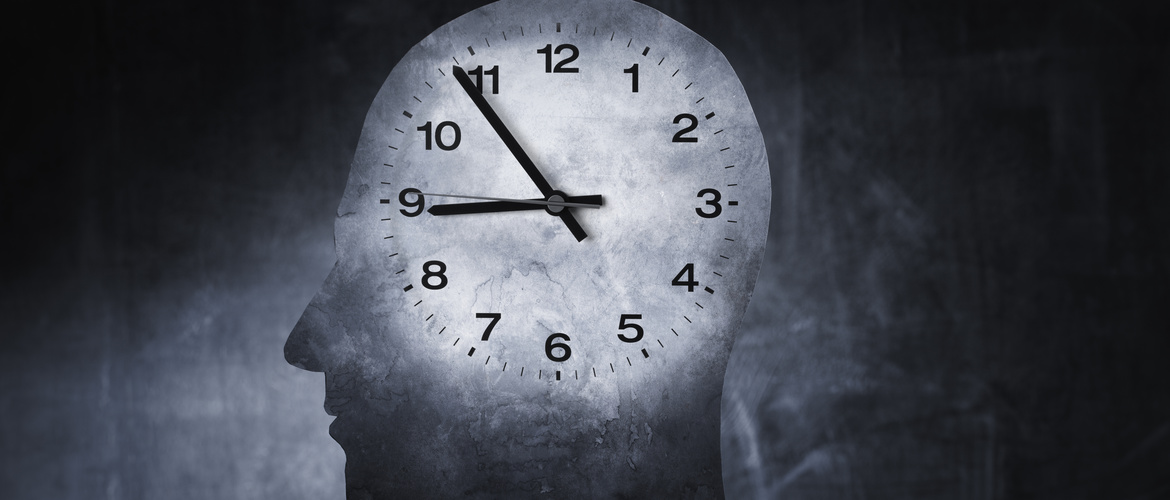
Choose a channel
Check out the different Progress in Mind content channels.

Progress in Mind

At ECNP 2017, Prof Hamish McAllister-Williams, Newcastle University, UK, provided an in-depth review of the available treatment options to tackle depression, and the strength of evidence for each approach. He emphasised that, in addition to the treatment option chosen, it is how treatment is approached that is crucial.
The STAR*D study shows that with successive treatment steps, response goes down. In this study, outpatients with nonpsychotic MDD were given one (3671 patients) to four (123) successive acute treatment steps. The remission rates, assessed using QIDS-SR(16), were 36%, 31%, 14% and 13% for the first, second, third and fourth treatment steps, respectively.
This highlights that we need to treat patients effectively as early as possible. Don’t wait. Don’t waste time. Also, if something isn’t working - do something.
We need to treat patients effectively as early as possible
Prof McAllister-Williams suggested that measurement-based care may have a place in the clinical care of patients with MDD.
A randomised controlled trial compared measurement-based care (guideline- and rating scale-based decisions) with standard treatment (clinicians' choice) in MDD. Over 24 weeks, outpatients with moderate to severe MDD were treated with either measurement-based care (61 patients) or standard treatment (59 patients). The HAM-D and QIDS-SR were used to assess depressive symptoms.
In the measurement-based care group, there were significantly more treatment adjustments (44 versus 23) and higher doses of antidepressants.
Patients in the measurement-based care group generally did better than those in standard care, with significantly more patients achieving response (87% versus 63%) and remission (74% versus 29%).
Give them confidence it is the best treatment plan for them
Yes, we need to have a clear treatment plan, but we also need to have confidence in that plan, Prof McAllister-Williams reminded us. We need to bring our patients on board with their journey to recovery, and give them confidence it is the best treatment plan for them.
HAM-D, Hamilton Depression Rating Scale; MDD, major depressive disorder; QIDS-SR(16), Quick Inventory of Depressive Symptomatology-Self-Report; STAR*D, Sequenced Treatment Alternatives to Relieve Depression.